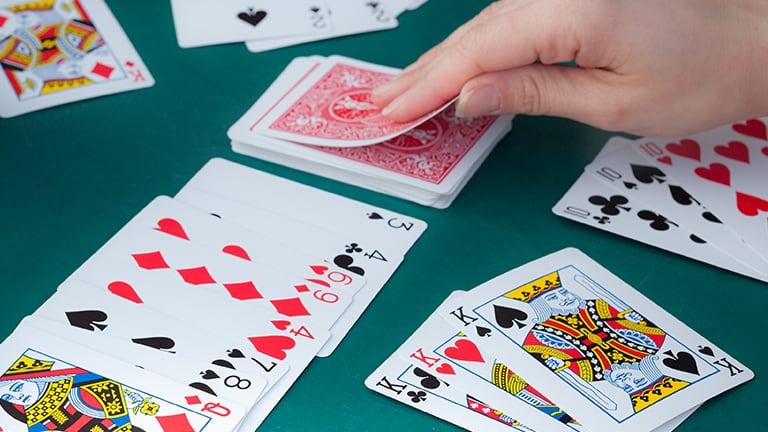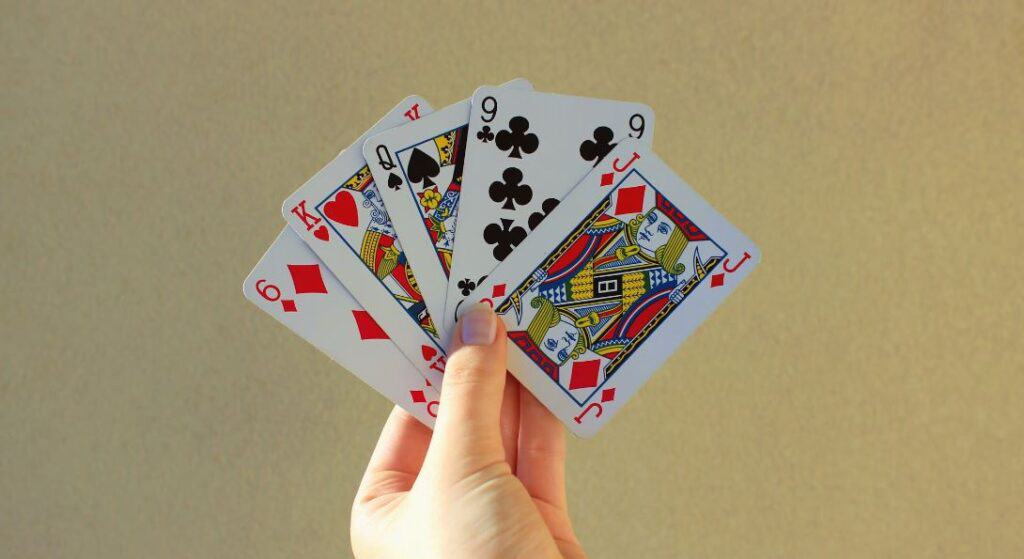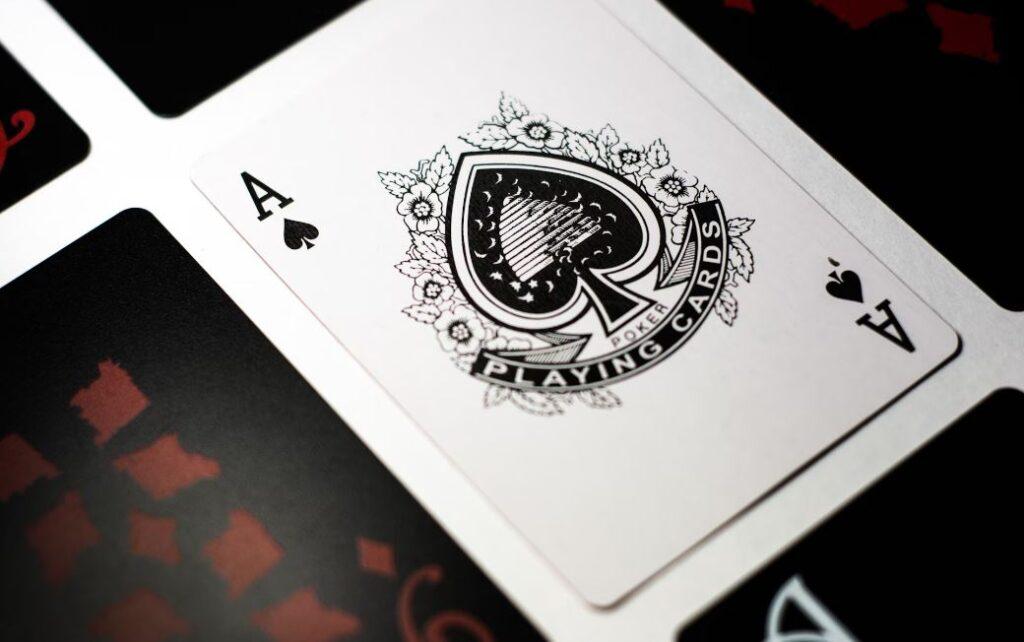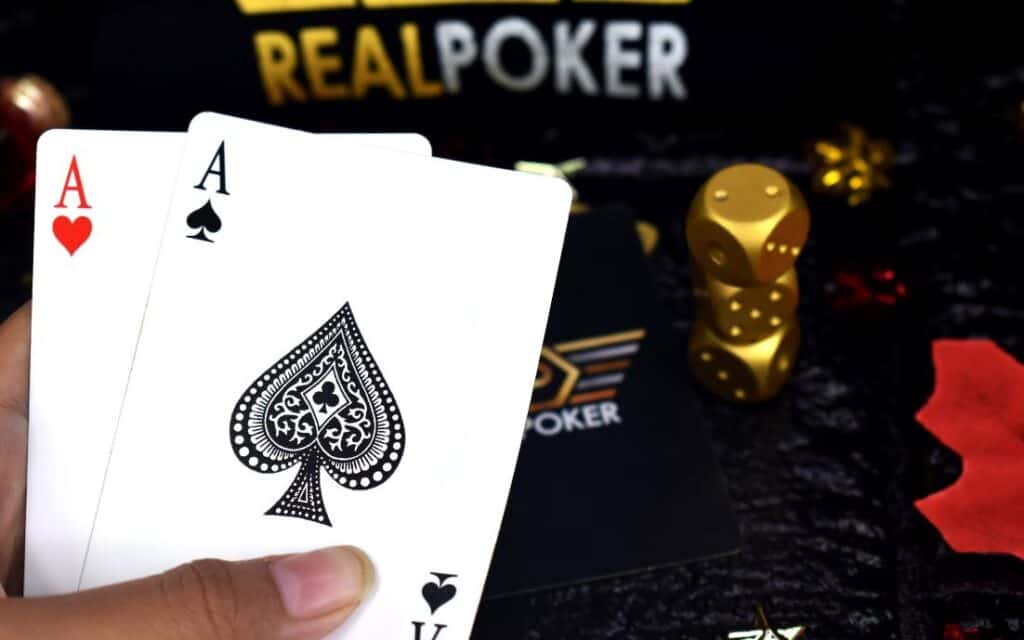
7 Card Stud: Unveiling the Intricacies of Classic Poker
7 Card Stud, a classic and enduring form of poker, stands as a testament to the roots of the game. In this variant, players receive seven cards each, aiming to form the best five-card hand. While not as prevalent as Texas Hold’em or Omaha, 7 Card Stud offers a nostalgic and strategic poker experience that has captivated players for generations.
Basic Rules of 7 Card Stud:
1. Ante: The game starts with each player placing an ante, a forced bet.
2. Deal: Players receive two private cards (hole cards) and one face-up card (door card).
3. Betting Rounds: Subsequent rounds involve betting and receiving additional face-up and private cards.
4. Final Showdown: After the final betting round, players remaining in the hand reveal their cards, and the best five-card hand wins.
Hand Rankings in 7 Card Stud:
7 Card Stud uses standard poker hand rankings, including high card, pair, two pair, three of a kind, straight, flush, full house, four of a kind, straight flush, and royal flush.
Betting Structure:
1. Bring-In: The player with the lowest-ranking door card initiates the betting.
2. Betting Rounds: Betting alternates with each new face-up card dealt.
3. Limits: 7 Card Stud can be played with fixed limit, pot limit, or no limit betting structures.
Strategies in 7 Card Stud:
1. Door Card Strategy: Assess opponents’ door cards to gauge the strength of their hands.
2. Memory and Observation: Remember face-up cards and folded cards to deduce potential hands.
3. Starting Hands: Choose starting hands carefully, considering the visible cards and potential for improvement.
4. Position Play: Your position at the table influences your strategy, especially in later betting rounds.
Variations of 7 Card Stud:
1. Hi-Lo Split: In this version, the pot is split between the best high hand and the best qualifying low hand.
2. Roll Your Own: Players select some or all of their hole cards from face-up cards dealt to the center.
Online 7 Card Stud:
While less common than other variants, 7 Card Stud is available on some online poker platforms. Digital versions faithfully replicate the traditional gameplay and betting structure.
7 Card Stud, with its rich history and strategic depth, continues to attract poker enthusiasts seeking a classic and engaging experience. While not as prevalent in modern poker rooms, the variant’s unique charm and timeless appeal make it a valuable addition to any poker repertoire.
More About Poker:

The Level Playing Field: Exploring Suit Equality in Poker

Navigating the Poker Table: Understanding Positions

Weak Aces: Navigating the Minefield at the Poker Table

Turning the Tables: Mastering the Poker Turn Card

Cracking the Code: Understanding the Significance of the Flop

River Revelations: Navigating the Final Card in Poker User
7 Card Stud Poker FAQ: Navigating the Intricacies of a Classic Game
1: What is 7 Card Stud Poker?
7 Card Stud is a classic poker variant where players receive seven cards each, aiming to form the best possible five-card hand. The game involves bettingrounds and strategic decision-making throughout.
2: How Does 7 Card Stud Differ from Other Poker Variants?
Unlike Texas Hold’em and Omaha, 7 Card Stud does not have community cards. Players receive a mix of face-up and face-down cards, leading to a unique and strategic gameplay experience.
3: What is the Ante in 7 Card Stud?
The ante is a forced bet that each player must place at the beginning of each hand. It initiates the betting and contributes to the pot.
4: How Are Cards Dealt in 7 Card Stud?
Players receive two private cards (hole cards) and one face-up card (door card). Subsequent rounds involve additional face-up and private cards, with betting occurring between each round.
5: What Are the Hand Rankings in 7 Card Stud?
7 Card Stud uses standard poker hand rankings, including high card, pair, two pair, three of a kind, straight, flush, full house, four of a kind, straight flush, and royal flush.
6: How Does Betting Work in 7 Card Stud?
Betting starts with the player showing the lowest-ranking face-up card (door card). Subsequent betting rounds follow each new face-up card dealt. The game can be played with fixed limit, pot limit, or no limit structures.
7: What Strategies Should I Use in 7 Card Stud?
Door Card Strategy: Assess opponents’ door cards to gauge the strength of their hands.
Memory and Observation: Remember face-up and folded cards to deduce potential hands.
Starting Hands: Choose starting hands carefully based on visible cards and potential for improvement.
Position Play: Consider your position at the table, especially in later betting rounds.
8: Are There Variations of 7 Card Stud?
Yes, variations include Hi-Lo Split, where the pot is split between the best high and qualifying low hands, and Roll Your Own, where players select some or all of their hole cards from face-up cards dealt to the center.
9: Can I Play 7 Card Stud Online
While less common than other variants, 7 Card Stud is available on some online poker platforms. Digital versions faithfully replicate the traditional gameplay and betting structure.
10: Is 7 Card Stud Suitable for Beginners?
7 Card Stud introduces unique strategies and may require some experience. Beginners can start with low-stakes games, familiarize themselves with hand rankings, and gradually build their skills.
Remember, specific rules and variations may apply based on the casino or online platform where you play 7 Card Stud. Always familiarize yourself with the rules of the specific venue or platform you’re engaging with.





